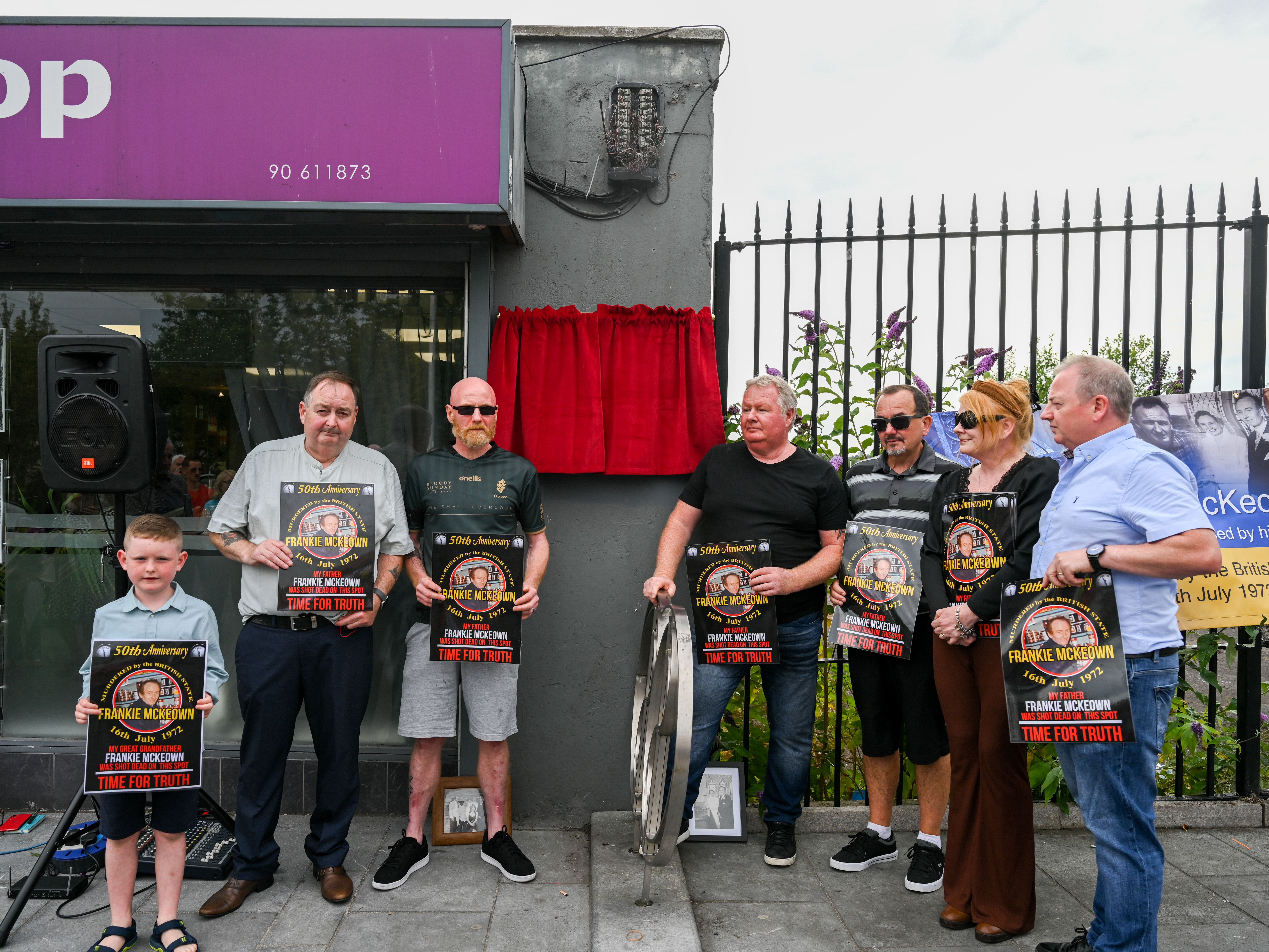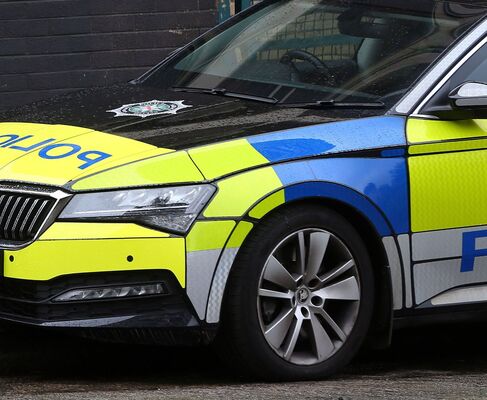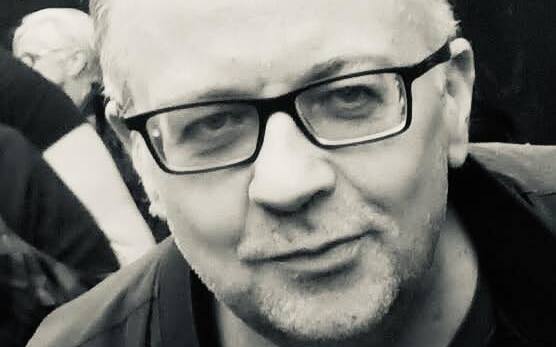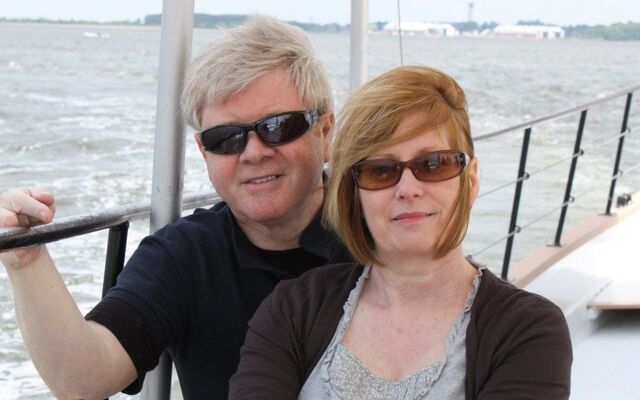THE family of Frankie McKeown held a remembrance ceremony in his honour on Saturday 16 July – 50 years exactly from the day he died in the RVH having been shot 24 hours earlier by British soldiers as he tried to move a barricade on the Shaws Road in order to get to work.
The father-of-six ran a convenience store in Lenadoon which proved a lifeline for local people during the darkest days of the ‘Troubles’.
His killers got off Scot-free, claiming their victim was a gunman – an assertion which green-lighted repeated raids on the family home in the years that followed.
Among the speakers at the commeration was Frankie’s cousin, Noel McKeown from Cavan who described him as “an avid GAA fan” who would spend Monday mornings parsing the results of the previous day’s games. Representatives of Frankie’s club, Rossa GAC, attended the 50 year anniversary ceremony.
A large turnout of the McKeown family, their friends and local people attended the commemoration at the Shaws Road shops, just yards from where he was cut down. A plaque in his honour was unveiled by Frankie’s children, grandchildren and great-grandchildren at the close of the commemoration.
Among those present was a local man who — at great danger to himself — had rushed to Frankie’s aid and said an act of contrition in his ear. The same man had walked to the nearby maisonettes, where the British Army was billetted to appeal for a medical pack but was turned away empty-handed.
Speaking in Irish and English, Frankie’s granddaughter Nicole reiterated the family’s determination to continue their struggle for truth and justice.
Frankie McKeown left a widow Marie, who passed away in 2001 having suffered many years of trauma, and six children: Francis, Joseph, Kevin, Terry, Marie and Gerard.
His son Terry McKeown spoke at the event: "Fifty years ago, our family lives changed forever when a trigger-happy soldier shot my father. My childhood was taken away from me and my memories of my dad ended.
Younger members of the McKeown family at the commemoration on the Shaws Road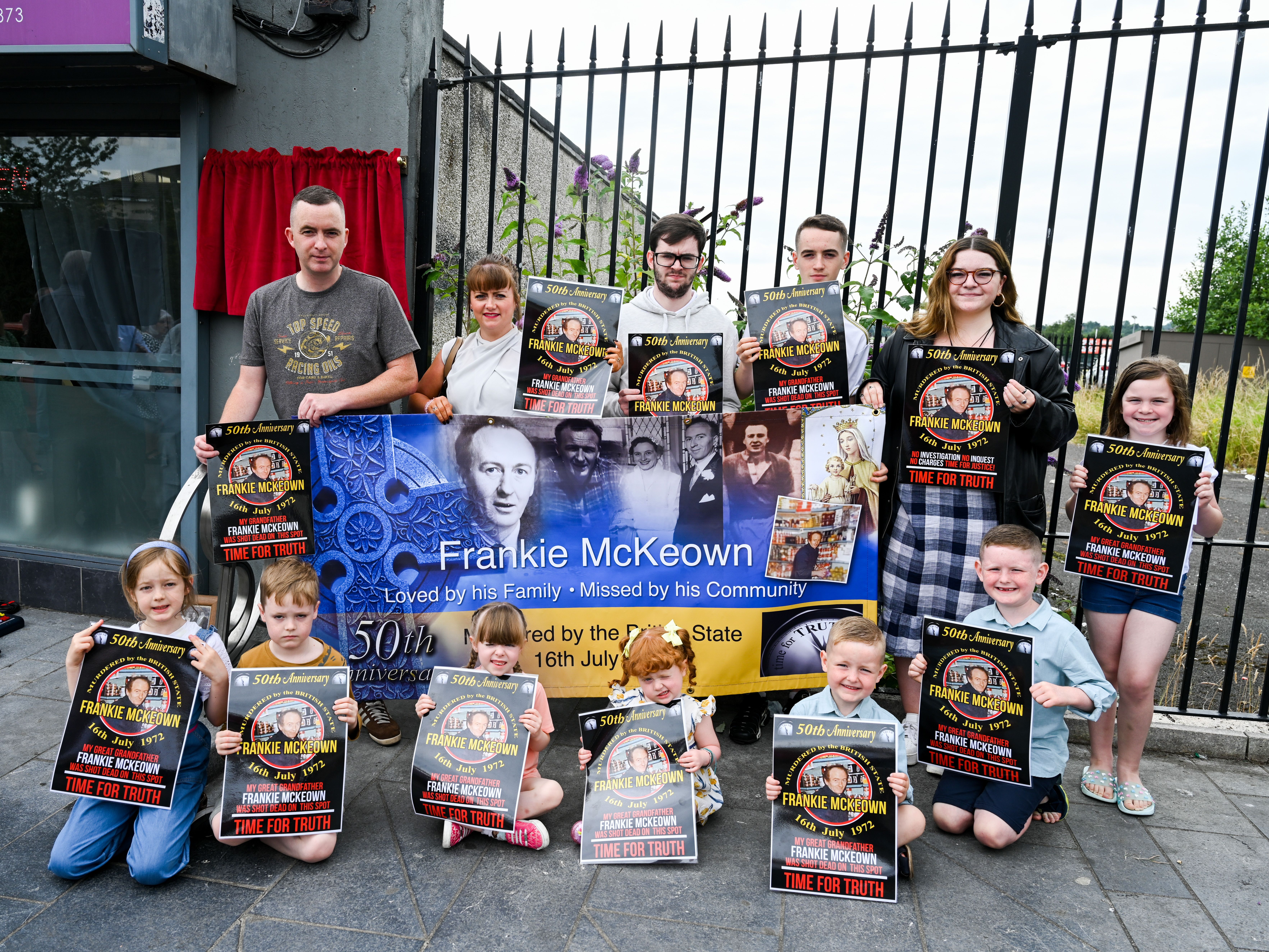
"My mother was left with six children aged from six months to 13 years old. Life was hard for everyone, my mother struggled but somehow she managed with love and hope.
"All she wanted was truth and justice. She did not live to see that but our family and grandkids will eventually get this.
His brother Gerard McKeown added: "On July 15, 1972, my daddy was shot dead in cold blood by the British Army while on his way to work to provide for my mum and six kids. My daddy was 42 years old, I was only six months old and the oldest child was 12 years old.
"That moment in time destroyed by mummy and our family unit. As a family, we were never the same again. Some people believe our lives are mapped out and some don’t.
"What I do know is that it set in motion a chain of events that have led us to here today. What that day did to me was instil a deep mistrust of all governments – local, national and worldwide. I often thought in the past what life would have been like if this soldier had not murdered my daddy.
"On August 4, 2001, I became a father for the first time to my son Dylan. To hold your child for the first time is a magical moment but for me, it was extra special. I had never thought about the emotional legacy of my daddy’s murder until I became a father myself almost 29 years after my daddy’s death.
"I am married to Catriona, who is a surgical nurse. I have two children, Dylan who will be 21 years old in a few weeks and Felix, who will be 15 years old in September. Dylan is in his final year at Queen’s University Belfast studying Business Economics, and Felix, who plays for St Pats FC last year won Players Player of the Year and the Golden Boot.
"My daddy has missed out on all these achievements. This is the legacy that horrific day has left behind and I think my mummy and daddy would be extremely proud of us all."
Pat Conway from Relatives for Justice said: "The family, supported by RFJ believe Frankie was killed because he was perceived by the British state as being a member of a community that was opposed to the presence of British troops on the street of the north of Ireland, ie. It was an entire community that was suspect and treated accordingly.
"Furthermore, the family believe, again supported by RFJ, that the British state had by this stage of the conflict, deliberately chosen to side against a significant number of citizens they were supposed to be protecting.
"The reason we believe this is because Frankie was falsely accused of being a gunman by the British Army. In the immediate aftermath of Frankie’s shooting, they stated he was about to open fire on members of the platoon with a Thompson sub-machine gun. This was a blatant lie and a lie that has yet to be corrected by the British state to this day.
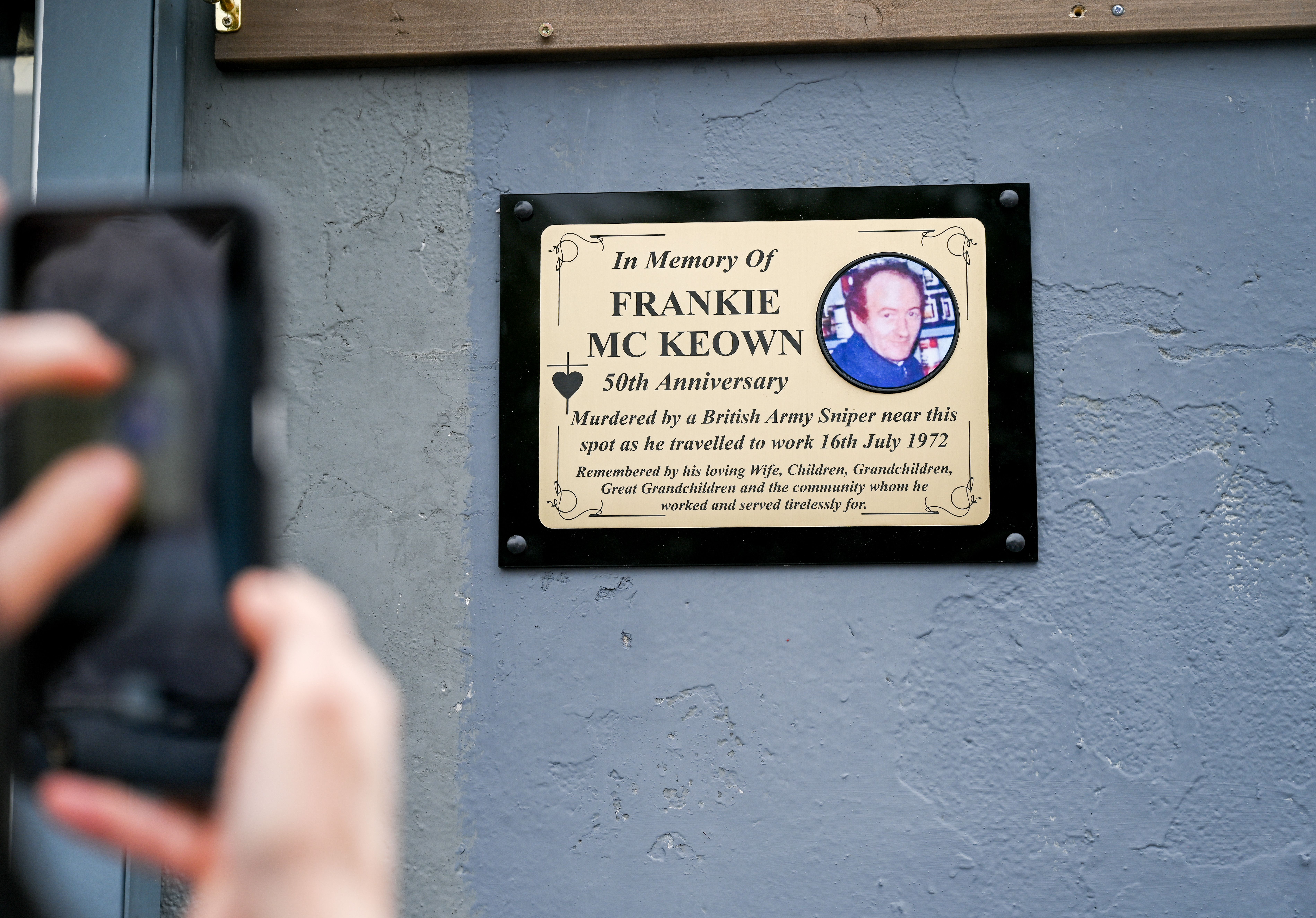
"It’s not that there has been a lack of opportunity to correct the British state narrative in its entirety. The family have had an unsatisfactory inquest, an unsatisfactory HET report and an unsatisfactory response from the Attorney General with respect to seeking a fresh inquest. There is no ambiguity about the fact that Frankie was an innocent civilian killed by the British Army. This being the case, it is not unreasonable for anyone to ask, why is it so difficult for the British state to acknowledge that what happened that sunny day 50 years ago was murder and that it was covered up?
"One only has to look at the current and previous British government proposals to deal with legacy issues to find the answer. Attempting to protect their own is paramount to successive British governments. The current government, if you can call it that, is just a more appallingly transparent version of what has gone on before. A common thread during the past 50 years has been the exclusion of the needs of the vast majority of victims of the conflict.
"In some senses, the inertia around the killing of Frankie is worse than an active cover-up of a particular death or deaths in disputed circumstances. It is the display of indifference and contempt exhibited by successive British governments over the years and up to the present day. To borrow a phrase from another setting and from a British perspective, Irish lives don’t matter when it comes to dealing with cases of people who were killed in the conflict.
"There are some arguing for ‘a line to be drawn in the sand’ and for victims of the conflict to ‘move on’. I quote Pilar Zabala, a Basque woman whose brother was killed by members of the Spanish state death squad GAL. “You can’t turn the page on all this when that page still needs to be written. If we want to turn the page, it needs to be read and it needs to come to terms with.” Pilar Zabala could have been talking about Frankie McKeown, his family and loved ones.
"It is the families firmly held view, supported by RFJ, that Frankie was killed in a political conflict. He was killed by the British state. He was totally innocent, despite efforts by the British, who claimed he was a gunman. His death resulted in much pain and heartache for his immediate family and beyond.
"The questions raised by the family require answers, that can only be supplied by those who were responsible for the killing of Frankie. Until this happens, the family will continue to fight for truth and justice."
You can see other photographs from the commemoration in this week's Andersonstown News.

